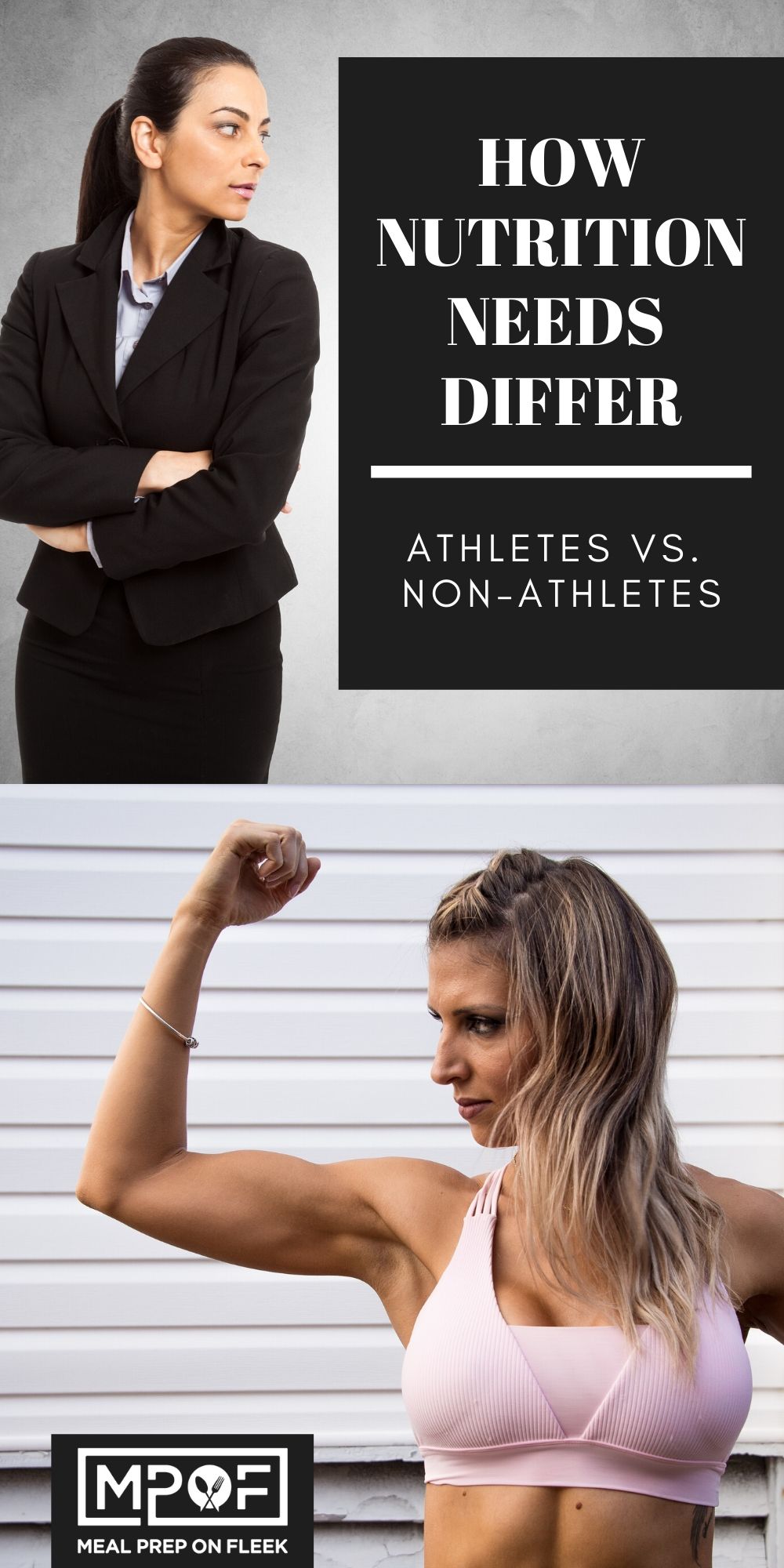Nutritional advice always seems different when looking at it from an athlete’s point of view, doesn’t it? Obviously, there is so much energy that is expended in athletic competition and the training that goes into preparing for it. It makes sense that there would be increased nutritional needs for them. But is this really true??
Twenty years ago the common advice was to go into a time of “carbo loading” several hours before a big athletic event to make sure that you had enough energy to be at your best. Remember that?
Advice changes over the years the more we learn from nutrition science. But there is one thing that will always remain the same: Without proper nutrition, athletes and non-athletes alike, will struggle with metabolism, body weight, and overall health goals. It will always be true that the best athletic training in the world will not make anyone into a winner on the track or field or even just in the Game of Life, if they are not eating well.
Let’s take a look at some of the best practices from the most recent dietetic advice, shall we??
Carbohydrates
What matters most for athletes, we have been told, is the amount of carbohydrates taken in daily. Each day, 50-60% of the diet should be carbohydrates. Complex carbohydrates are important to have as a stable part of anyone's diet they take longer to break down in the body, but sustain consistent energy levels. These would be your whole grains, potatoes, kidney beans, brown rice, and oatmeal, for example. Simple carbs can be used for needed bursts of energy before training or performance. But for the most part, the older practice of “carbo loading” is not necessary if more than half of the calories are from complex carbohydrates keeping the body fueled with adequate levels of energy to meet the needs of the athletic activity of choice. A more full explanation of carbs can be found here
Fats
Fats should be 30% of a good diet. Best to concentrate on unsaturated, healthy fats that can be found in nuts and good oils like olive or avocado. A good list can be found here. As always trans and saturated fats should be avoided by everyone whenever possible. It is best to not eat the majority of the daily fat percentage before heavy physical activity. Fats take longer to digest and digestion takes energy too. Before athletic activity, you want all your energy going to the task at hand, not digesting your last meal.
Protein
10-15% is recommended to be protein (see this article for a high-quality protein list). We know that protein is good for muscle building, but there is evidence that eating protein in excess of the daily requirement does not help to increase muscle mass. It only serves to be broken down for energy or stored as fat. Excess protein can also lead to dehydration. A varied diet should provide more than enough protein as caloric intake increases.
Calories and Fluids
Everyone’s needs are different, but there are some basic rules of thumb. There are two things that athletes need more of: calories and hydration. On average, active athletes will need 500-1,000 more calories daily when they are in training or competition. Again, the ratio of carbohydrate, fat, and protein remain the same, just the portion (calories) increase a bit.
When there is a difference, it will hinge on these few things:
- The amount of training that you do
- The type of sport you play
- The amount of time you spend in training for your sport
Active persons need to stay well hydrated by drinking plenty of fluids before, after, and while competing. It is important not to wait until parched to take a drink. A good rule is to take a long sip every 15 minutes or so, whether thirsty or not, to replace the fluids that are being lost through sweat.
So, in the end, there is very little difference at all in the best diet recommended for the average healthy person and the athlete. Of course, some alterations should be made, mostly in the area of calorie intake and hydration, but for the most part, a healthy diet is the same across the board. Surprising, huh?!


Leave a Reply